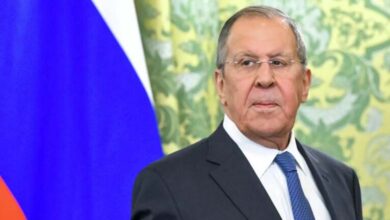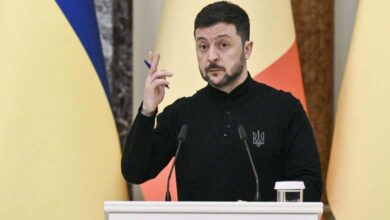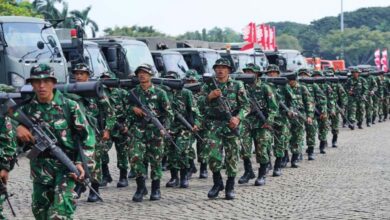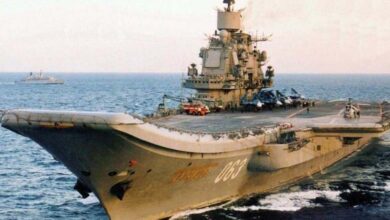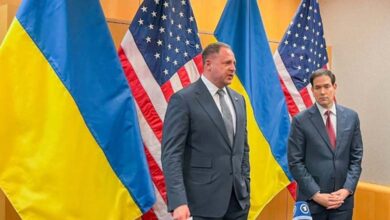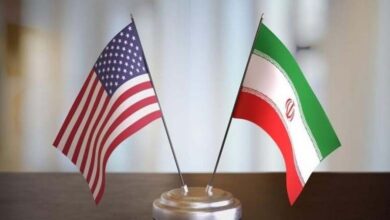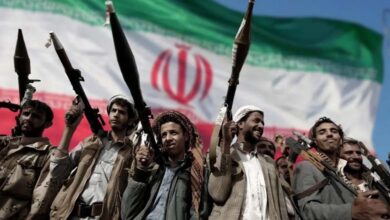UAE expanding alliance circle.. Deterrent forces to face Arab challenges and bolster security and stability
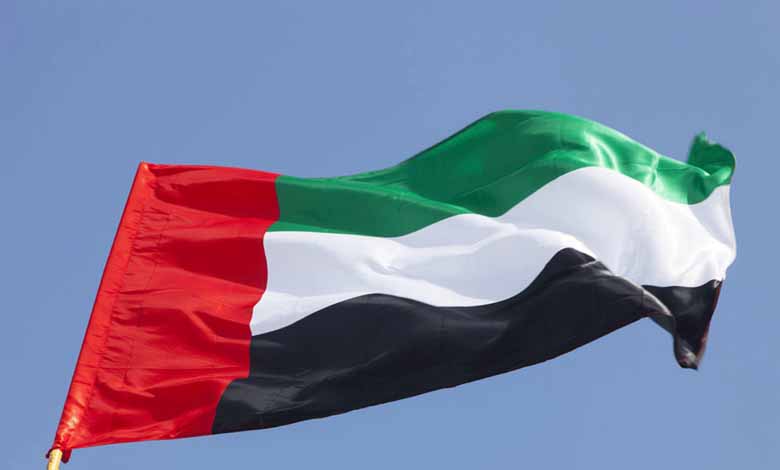
NATO currently appears to be growing in strength and size, with the Russo-Ukrainian war continuing; the countries are seeking to form a strong alliance to confront any crises or challenges in the region. The United Arab Emirates was aware of this early on in an attempt to strengthen relations and build strong alliances in the Arab region to confront any crises it may face.
Recently, Sweden has abandoned its neutrality; The Times, citing officials, reported that Russia had made a grave strategic mistake in preparing Finland and Sweden to join NATO by summer, quoting US officials: The question of the two Scandinavian countries’ accession was the subject of discussion and many meetings during talks between the NATO foreign ministers last week, attended by representatives of Sweden and Finland.
Russia’s military operation in Ukraine has caused a historic change in Finland’s positions on joining NATO, which began discussing this weeks ago; Finland was neutral during the Cold War, in exchange for assurances from Moscow that Soviet forces would not invade its territory.
NATO is one of the largest military alliances in the world, and it has a different microcosm in the Arab region, through the alliance between the UAE, Saudi Arabia, Egypt, and Bahrain, which has been a striking force against terrorism in the Arab world for several years.
More recently, the UAE is expanding alliances through several moves and convergences, and there are currently movements in Morocco and Jordan; all of these efforts confirm the strength and the potential for expansion of the existing coalition. Last month, Abu Dhabi Crown Prince Sheik Mohammed bin Zayed undertook sustained and intensive political and diplomatic efforts to resolve Arab and international crises and to seek specific solutions to them in support of world security and stability, including the summits in the Jordanian city of Aqaba, which brought together Sheik Mohammed bin Zayed Al Nahyan, King Abdullah II of Jordan, Egyptian President Abdel Fattah el-Sisiand Iraqi Prime Minister Mustafa Al-Kadhimi in a fraternal meeting.
During the same period, he held phone talks with 10 leaders and heads of government from a number of countries in the region and the world on strengthening Gulf solidarity, working to reunite the Arab world, and discussing the developments of the Ukrainian crisis and its repercussions, in addition to 23 Emirati-Arab international summits to coordinate regional and international efforts to face the challenges facing the region and the world.
Dr. Hamed Fares, an expert in Arab affairs, said that there are indeed major and increasing challenges on the military and security levels facing the Arab region and the Arab Gulf. There are still well-known regional powers that pose a threat to the security of the Arab Gulf states, and indeed the entire Arab region, due to their regional expansion, their intervention in many crises and their attempt to control political decision-making, as is happening in Syria, Iraq, Yemen and Libya, with the aim of weakening the region and exhausting it financially and morally, especially with the increasing economic, political and geographic importance of this region in the world.
Faris added: After entering the United Nations Security Council in January 2022 for two years, the United Arab Emirates has been striving to promote the interests of the Arab region through a balanced foreign policy that has established itself and has increased its status abroad through dialog and diplomacy. It has gained considerable experience in how to invest in stability. The Emirati foreign policy has achieved great successes and has become a beacon to the world in many different areas. It has succeeded in exploiting its soft diplomacy to make a breakthrough in many thorny issues, the penetration of which is beneficial for increasing security and peace in the Arab region and the world at large, given the great challenges the world is facing and the need for a new vision to create a reality that is capable of confronting it and exerting greater influence in regional and global affairs.
He explained: Egypt, the United Arab Emirates, Saudi Arabia, and Bahrain have become important role models and key elements in protecting the region and facing the growing challenges resulting from America’s clear policy of withdrawing from the Middle East. All this is due to the wise and wise policy of the leadership of these countries and their constant keenness to build strategic relations with the countries of the world and to strengthen cooperation in various fields. They have become a political and economic front for all world leaders to achieve stability, prosperity, and development for all.
The Arab national security requires solidarity more than ever after the arrival of dangerous technologies such as drones in the hands of terrorist groups that are used to threaten our national security by killing civilians and destroying economic institutions. This is what the UAE demanded at the Conference of Unmanned Systems last February, with the participation of a number of representatives of Arab and Western armies, which was held in Abu Dhabi to discuss the development of these regimes and how to confront their dangers and work together to build a shield to protect against the threat of the use of these systems. Therefore, there is a new policy being formulated, which is the policy of alliances of Arab national interests to maintain national security.
Dr. Mohammed Rabie Al-Dehi, an expert in international and Arab relations, believes that the Arab alliance is the most important form of cooperation among Arab countries, especially since the alliance between the Arab Quadripartite has proved over the past few years its ability to confront challenges and threats to Arab national security, starting with the declaration of a unified Arab position towards countries that are threatened by national security, and the existence of mechanisms for coordination and cooperation between this axis. It must be noted here that this axis gained great importance after the fall of Baghdad and the eruption of the Syrian crisis.
Al-Dehi stressed that this alliance was of regional and international importance and strategic influence due to the political, social and economic weight of the countries of this axis. It also enabled this axis to formulate a new and important concept of Arab national security based on balanced relations and to confront any aggression or threats to Arab national security; this axis was characterized by the speed of movement in reaction and influence in international forums, as well as its ability to respond.
Without a doubt, the UAE is expanding with a strategy to build new regional and international alliances, similar to this axis alongside Egypt and Saudi Arabia, through economic and political cooperation, or both, in all international issues; this has made it more influential in all international and regional issues.


